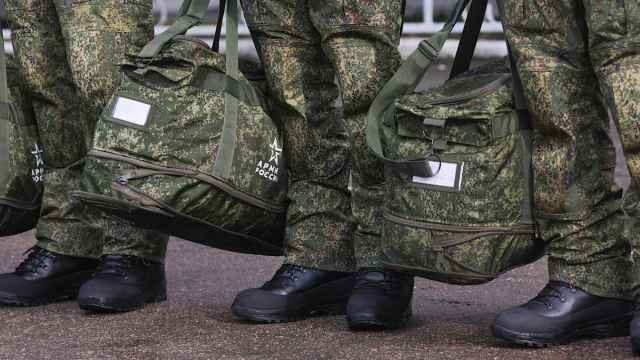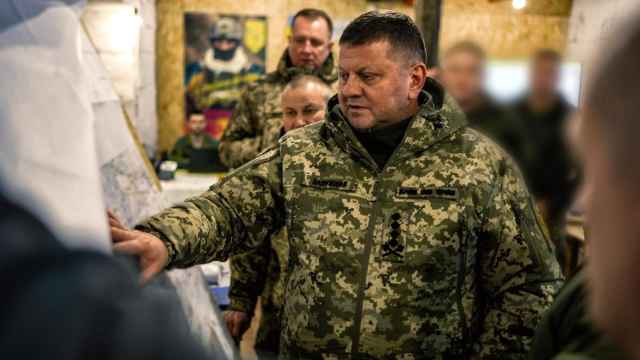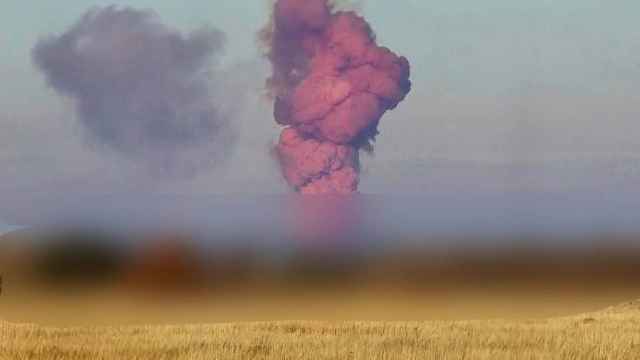
Recent surveys conducted in Russia reveal a notable shift in public opinion regarding the use of nuclear weapons against Ukraine. A majority of Russians now reject the justification for deploying their nuclear arsenal in the ongoing conflict. This reflects a growing preference for peaceful negotiations and heightened concerns about a potential military confrontation with NATO.
According to research conducted by the Levada Center, only 24% of respondents consider the use of nuclear weapons acceptable in war against Ukraine. This marks a significant decrease of 15 percentage points compared to autumn 2024. Currently, 65% believe that, even amid escalating tensions, using nuclear arms is inappropriate. Notably, among those opposing such measures, 73% do not support President Vladimir Putin’s policies, and 69% view the country’s direction as erroneous.
A significant 56% of Russians express anxiety that the escalation of the conflict in Ukraine could result in military clashes with NATO forces. This viewpoint is particularly prevalent among residents of smaller cities and individuals of middle age. Conversely, 31% of respondents—predominantly Muscovites and senior citizens—hold the opposite view.
Support for the idea of engaging in peaceful negotiations with Ukraine remains robust, with 64% in favor. This continues to be at a peak level for the second consecutive month, especially among women (71%), youth (77%), and those disapproving of governmental actions (81%). Only 31% oppose negotiations, primarily men and urban dwellers (49%).
While support for the so-called "special military operation" persists at 74%, there is a discernible trend of decline, with 16% expressing disagreement. This operation garners approval more among men, older adults, and the audience consuming state-controlled media.
However, the overall attention to the conflict is diminishing. Data from the Levada Center indicates that in June, only 53% of Russians paid close attention to events in Ukraine, with another third showing moderate interest. This disengagement is more pronounced among young people, women, and those with critical views of the government.




